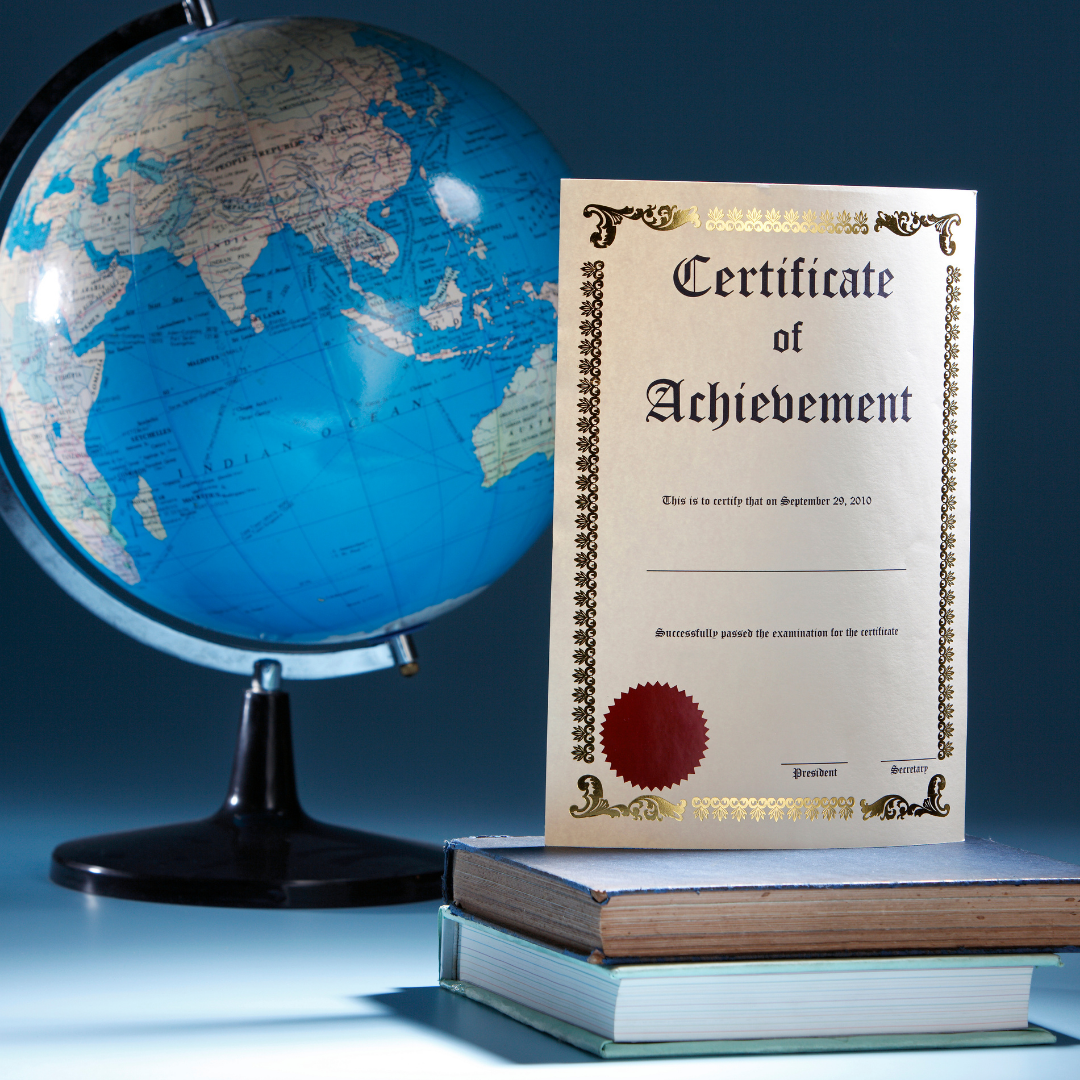
QUESTION: Continuing education on a resume: Is it important? If so, how do I list it?
Alana Henry, The Writique, LLC

Carol Adams, Ideal Resumes, LLC

Laura Smith-Proulx, An Expert Resume

Donna Tucker, CareerPRO Resume Center

Freddie Cheek, Cheek & Associates

Brenda Bernstein, The Essay Expert LLC
Continuing education is important if it proves skills that will be useful for your next job. If you received a certification, list it in a Certifications section. Otherwise, list it in your Education section. You can start the Education section with any advanced degrees, then your college degree. Then (if you have room) write a subheading “Continuing Education” and put additional items there.
David Wiacek, Career Fixer LLC

Ask a Question
Ask us your question and it may be selected as the topic of our next blog post, with answers compiled from the advice of NRWA members.
Work with the Best
Find a Resume Expert
If you’re looking for more information on how to write a great resume – or get an expert to help you with yours – you’ve come to the right place! This site was created by the National Resume Writers’ Association (NRWA), a US-based non-profit association with members from around the world who are dedicated to learning about and providing expertise in resume writing to all job seekers.
The National Résumé Writers’ Association
9 Newport Drive #200, Forest Hill, MD 21050
Thanks for checking out ResumeExperts.theNRWA.com!
For more on our association and certification, see www.thenrwa.org



